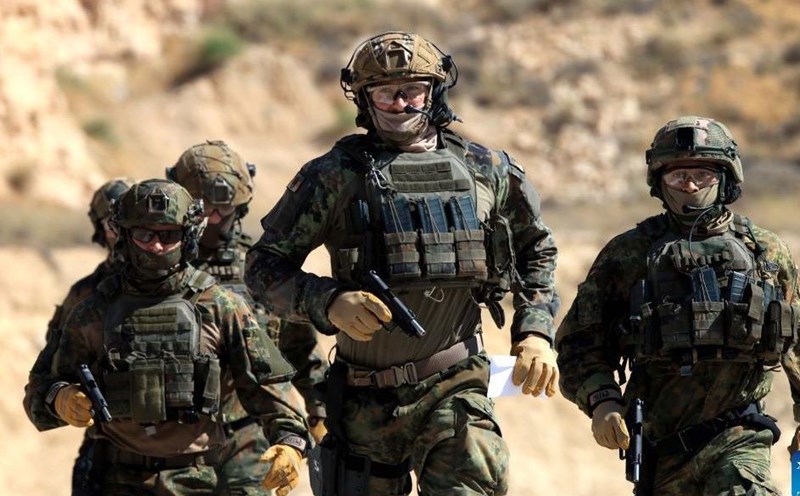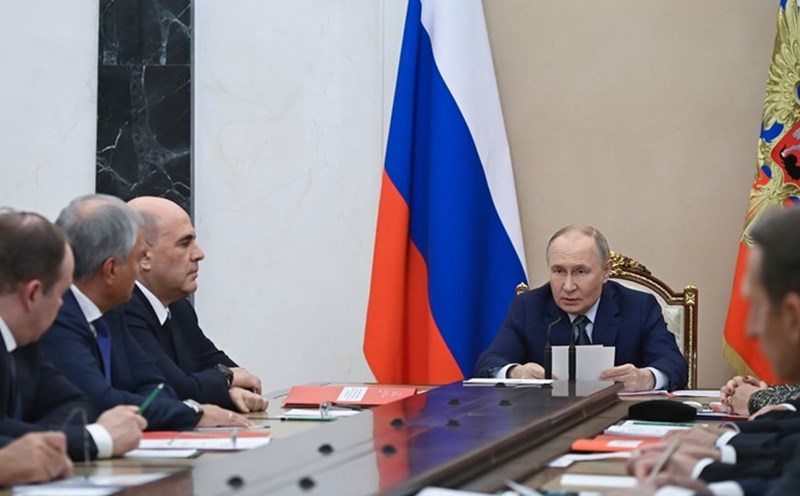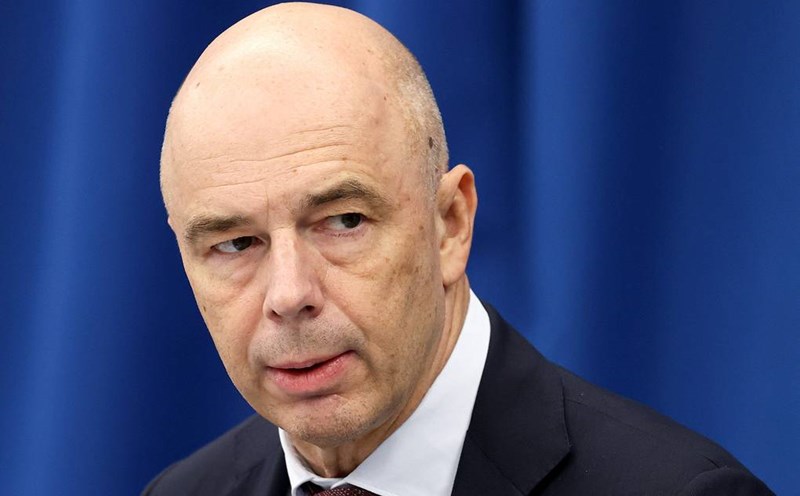This is a vital move for the country's economy, as the EU is discussing plans to impose additional restrictions on Russian trade in addition to the 19th package of sanctions.
On the sidelines of the 80th United Nations General Assembly session on September 23, Hungarian Foreign Minister Peter Szijjarto affirmed that Budapest cannot stop the trade measures that the EU could impose on Russian oil through the Druzhba oil pipeline. However, his government is trying to convince European partners not to harm Hungarys interests too much.
With sanctions, there needs to be absolute consensus. We will definitely not participate, so there will be no consensus and no sanctions. But with commercial measures, it is different, as long as the majority is qualified. We cannot deny it, but can only try to convince our European counterparts not to harm our interests, Szijjarto told TASS.
The European Union is considering the possibility of restricting fuel sources from Russia to Hungary and Slovakia via Druzhba. Notably, this plan is not included in the 19th package of sanctions that the bloc is preparing, which focuses on liquefied natural gas (LNG) and the oil fleet is said to be Russia's "shadow fleet".
Druzhba, which means Friendship, is one of the worlds largest oil pipeline systems, connecting Russia with several Eastern European countries.
For Slovakia and Hungary, this is a "capital" that ensures a stable and cheap source of energy, and cannot be replaced in the short term.
The EU's consideration of separating the pipeline from the official sanctions packages is understood to be aimed at adding pressure on Budapest - a country that has long had a difference in views within the bloc, and has often opposed expanding sanctions against Russia.
In the context of continued inflation and heavy energy costs, Hungary is concerned that any restraint on Druzhba will directly hit the domestic economy. Budapest has repeatedly argued that Russian energy sanctions are more harmful to Europe than to Moscow.
However, at the EU level, decisions on trade only require a majority, not absolute consensus. This has caused Hungary to lose the "shield" to deny capital, helping them delay or block previous sanctions packages.
With a tough stance against sanctions against Russia, Budapest continues to be a lost voice in the bloc. But this time, when the ability to deny is no longer there, Hungary's diplomatic efforts will be heavily tested.
Meanwhile, Europe is accelerating efforts to tighten the "energy valve" from Russia, despite the risk of internal division. The final decision on the fate of Druzhba will not only affect Hungary and Slovakia, but also be a measure of the EU's solidarity in the long-term confrontation with Russia.










